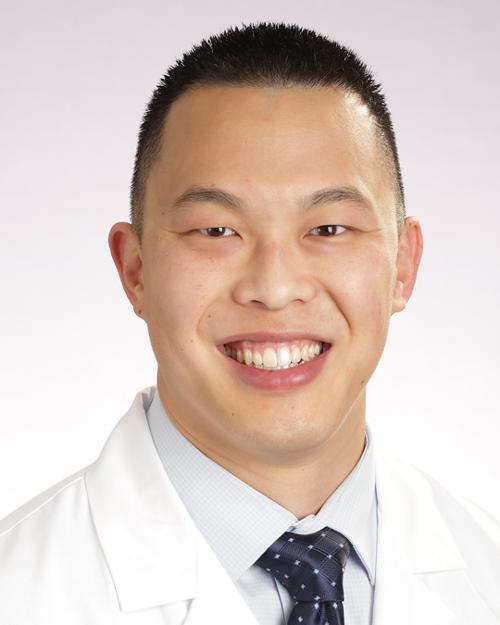EDS patients can have significant medical and psychosocial needs. Norton Children’s offers an Ehlers-Danlos syndrome/hypermobility clinic to provide patients with a medical home.

Ehlers-Danlos syndrome (EDS) is a group of connective tissue disorders affecting every organ system. The 2017 classification of the syndrome includes 13 subtypes of the condition, though more forms may exist and are rare and not well characterized. The subtypes vary in severity, from slightly loose joints to life-threatening complications. Norton Children’s Ehlers-Danlos Syndrome Clinic offers multidisciplinary care focused on the treatment of all subtypes.
EDS is a genetic disorder that may be inherited in an autosomal dominant or an autosomal recessive manner. There multiple subtypes of EDS, which are diagnosed mostly using genetic testing. The 13 subtypes include:
- Classical EDS (cEDS)
- Classical-like EDS (clEDS)
- Cardiac-valvular EDS (cvEDS)
- Vascular EDS (vEDS)
- Hypermobile EDS (hEDS)
- Arthrochalasia EDS (aEDS)
- Dermatosparaxis EDS (dEDS)
- Kyphoscoliotic EDS (kEDS)
- Brittle cornea syndrome (BCS)
- Spondylodysplastic EDS (spEDS)
- Musculocontractural EDS (mcEDS)
- Myopathic EDS (mEDS)
- Periodontal EDS (pEDS)
Hypermobile EDS (hEDS), the most common type, is diagnosed clinically using strict diagnostic criteria, as there is no molecular, genetic cause yet identified. Most EDS patients present with a strong family history of hypermobility, joint dislocations, skin fragility, etc. A hallmark of the condition is highly elastic skin that appears velvety and bruises easily.
Refer a patient
Use Norton EpicLink to quickly and easily refer a patient to the Norton Children’s Ehlers-Danlos Syndrome Clinic.
EDS treatment requires multidisciplinary care
In addition to symptoms related to the subtype, EDS patients may experience associated conditions though they are not part of diagnostic criteria, including sleep issues, fatigue, postural orthostatic tachycardia, functional gastrointestinal disorders, dysautonomia, anxiety and depression. Many EDS patients have significant medical and psychosocial needs which are often poorly met, as the condition is inadequately understood by the general community. A majority of EDS patients require care from multiple pediatric specialties including cardiology, neurology, orthopedics, rheumatology, psychology, psychiatry and physical therapy.
The Ehlers-Danlos Syndrome Clinic aims to offer a holistic approach to treatment of EDS patients in one convenient location for parents and families. Treatment regimens are based on EDS subtype, child’s health history, current symptoms and more. Multimodal pain relief regimens are used, including physical and occupational therapies and orthotics. The clinic also ensures that cardiac, nutritional, gastrointestinal and orthopedic complications are monitored and managed appropriately.
Star L. Nixon, M.D., is one of the providers who treats patients of the Ehlers-Danlos Syndrome Clinic.
“Our clinic offers a unique medical home for EDS patients. We provide these patients and their families with a space to have their concerns heard,” said Dr. Nixon, a pediatric orthopedist with Norton Children’s Orthopedics of Louisville, affiliated with the UofL School of Medicine. “Patients are able to see associated specialty providers in the same visit, saving families time and giving them a better experience with health care.”

